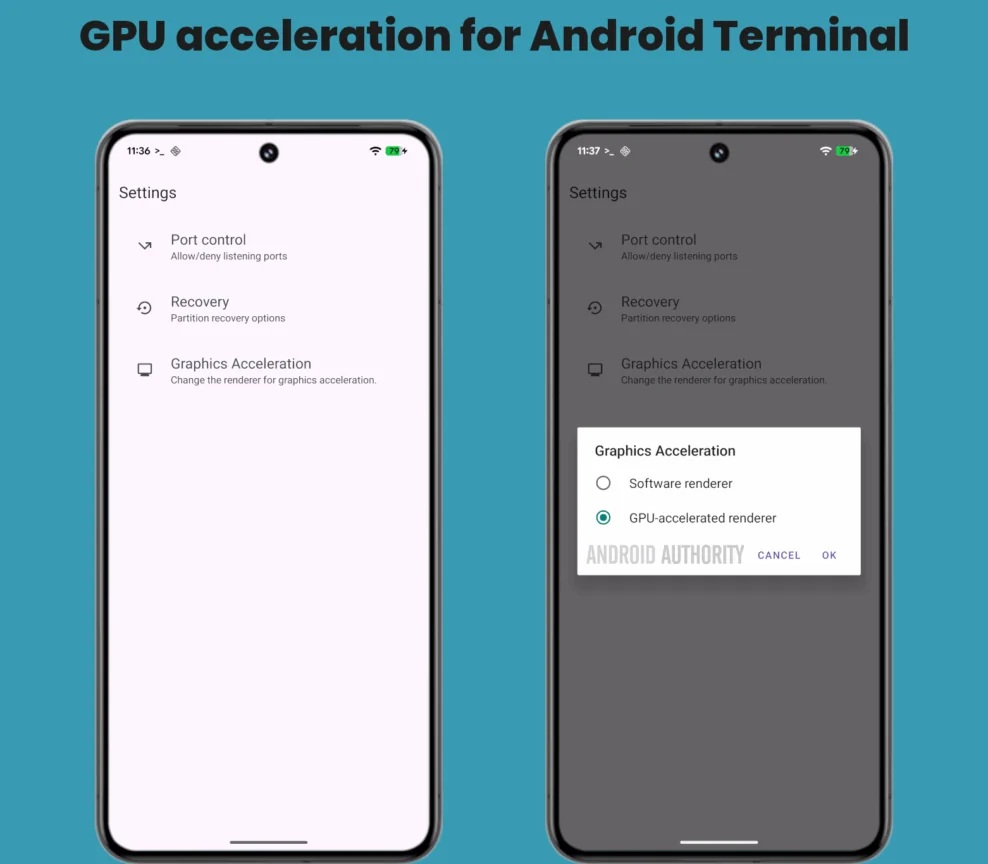As the world reeled from a massive AWS outage that briefly knocked critical apps and cloud services offline, Google’s own Pixel ecosystem remained unusually busy. From new software builds to hardware testing programs, here’s a complete look at what’s happening across the Pixel universe over the past 48 hours.
Android 16 QPR2 Beta 3.1 rolling out to fix Pixel bootloops
Google is pushing out Android 16 QPR2 Beta 3.1, a small but important patch for Pixel devices that were hit by bootloop issues following last week’s Beta 3 release. The earlier update had introduced a bug that caused phones to fail to boot if the “Enable desktop experience features” option was active in Developer Options.
The patch is minimal at just 2.64MB on devices like the Pixel 9a, but crucial. It ensures those affected can recover without having to downgrade or perform a factory reset. Google’s instructions for users who ended up in a bootloop include letting the system automatically revert to Beta 2, sideloading the OTA if ADB debugging was enabled, or wiping data from Recovery mode.
Beta 3.1 itself doesn’t add new features, but it follows a major round of fixes from Beta 3, which addressed Google Play System update failures and excessive CPU usage that was draining batteries. Some minor issues persist — such as the missing lockscreen clock styles — but a larger stability patch is expected in the coming weeks.
Pixel 10 gets GPU-accelerated Linux apps
If you’re running a Pixel 10 on the latest Android 16 QPR2 Beta 3, your phone can now do something no other Android device can: run Linux desktop apps with GPU acceleration.
As discovered by Android Authority’s Mishaal Rahman, Google quietly enabled Gfxstream support. This graphics virtualization layer forwards API calls from a virtualized Linux environment to the phone’s GPU, drastically improving performance over CPU-based rendering.

The feature lives inside the Terminal app, which Google launched earlier this year to allow users to run Linux programs natively on Android through virtualization. Until now, the app relied on Lavapipe, a software renderer that used the CPU for all graphics work, resulting in painfully slow performance for GUI-based Linux tools.
With Gfxstream, the Pixel 10’s Tensor G5 GPU can now accelerate rendering directly, enabling smoother experiences for Linux graphical apps. However, the feature is still exclusive to the Pixel 10 due to a device-specific overlay file and remains buggy in its early form. Still, it’s a significant step toward making Pixels more capable development and productivity devices.
Verizon pulls Pixel 10 Pro ad after AT&T complaint
Over in the U.S., Verizon has pulled an ad for the Pixel 10 Pro after AT&T filed a complaint alleging that the commercial misled customers. The ad promoted a “free” Pixel 10 Pro offer without clearly disclosing that the deal only applied to Verizon’s Unlimited Ultimate plan.
The National Advertising Division (NAD) of BBB National Programs began reviewing the case through its fast-track process, but Verizon decided to permanently discontinue the commercial before the review concluded. NAD said it will treat the move “as though the organization recommended the ad be discontinued,” effectively closing the case without a ruling.
Both carriers declined to comment, but the situation highlights the competitive and sometimes murky marketing tactics telecom providers use when bundling flagship phones like the Pixel 10 Pro.
Pixel Store refresh: refurbished Pixel 8 returns
Google has quietly reintroduced refurbished Pixel devices to its U.S. store, this time adding the Pixel 8, starting at $489 for the 128GB model and $539 for the 256GB unit. The refurbished units are part of Google’s Certified Refurbished lineup, which includes a one-year warranty and undergoes a full inspection covering battery health, camera modules, housing, and display quality.
The refurbished Pixel 8 ships with the Tensor G3, runs Android 16 out of the box, and will receive updates through October 2030, matching Google’s 7-year support promise. Meanwhile, refurbished Pixel 8 Pro units, listed at $699, are currently out of stock, suggesting strong demand.
For those keeping score, Google also recently discounted older refurb models, including the Pixel 7 ($359) and Pixel 7 Pro ($539). However, the company has now stopped offering refurbished Pixel 6 and 6 Pro models altogether.
Bonus: Pixel’s Halloween features are here
To close out the week on a lighter note, Google published a blog highlighting six spooky-season Pixel features to try this Halloween. Among them:
- Auto Best Take and Add Me for perfect group shots
- Camera Coach for framing festive photos
- Pixel Studio and Gemini prompts for AI-generated Halloween images
- Recorder app’s new background music feature for eerie tracks
- Sunrise Alarm to help adjust to shorter, darker days
It’s a fun seasonal push for the Pixel 10 series and a reminder that Google’s software magic remains one of its biggest differentiators.
So, despite the cloud chaos caused by AWS, Google’s Pixel lineup has had one of its busiest news cycles in months. Between the new beta patch, Linux improvements, carrier drama, and the Trusted Tester program, it’s clear the company is ramping up momentum ahead of the Pixel 11’s development cycle.
If the past few days are any indication, the next few months could be just as eventful for Pixel fans, both in the lab and out in the wild.


